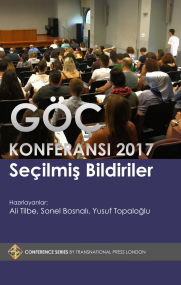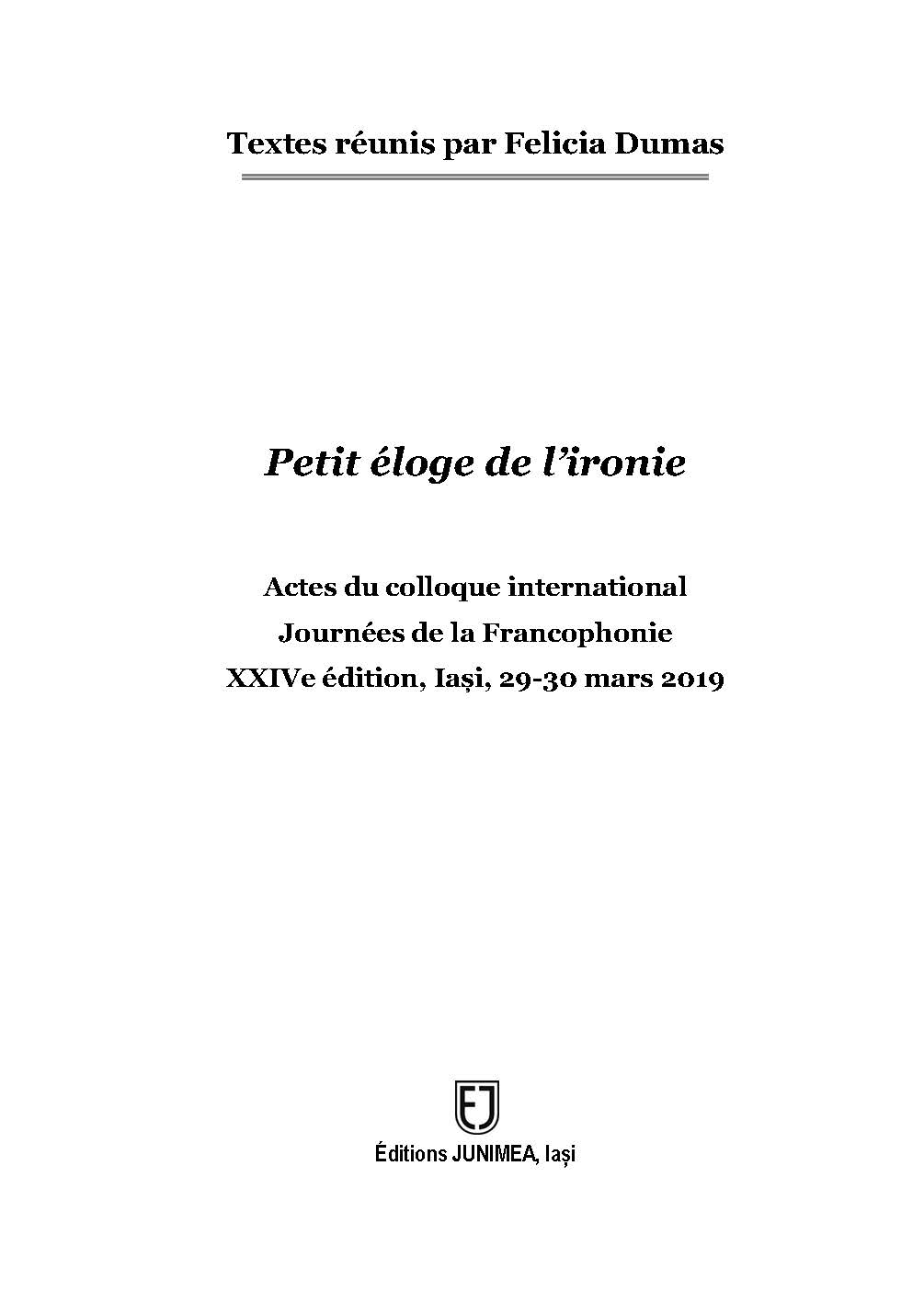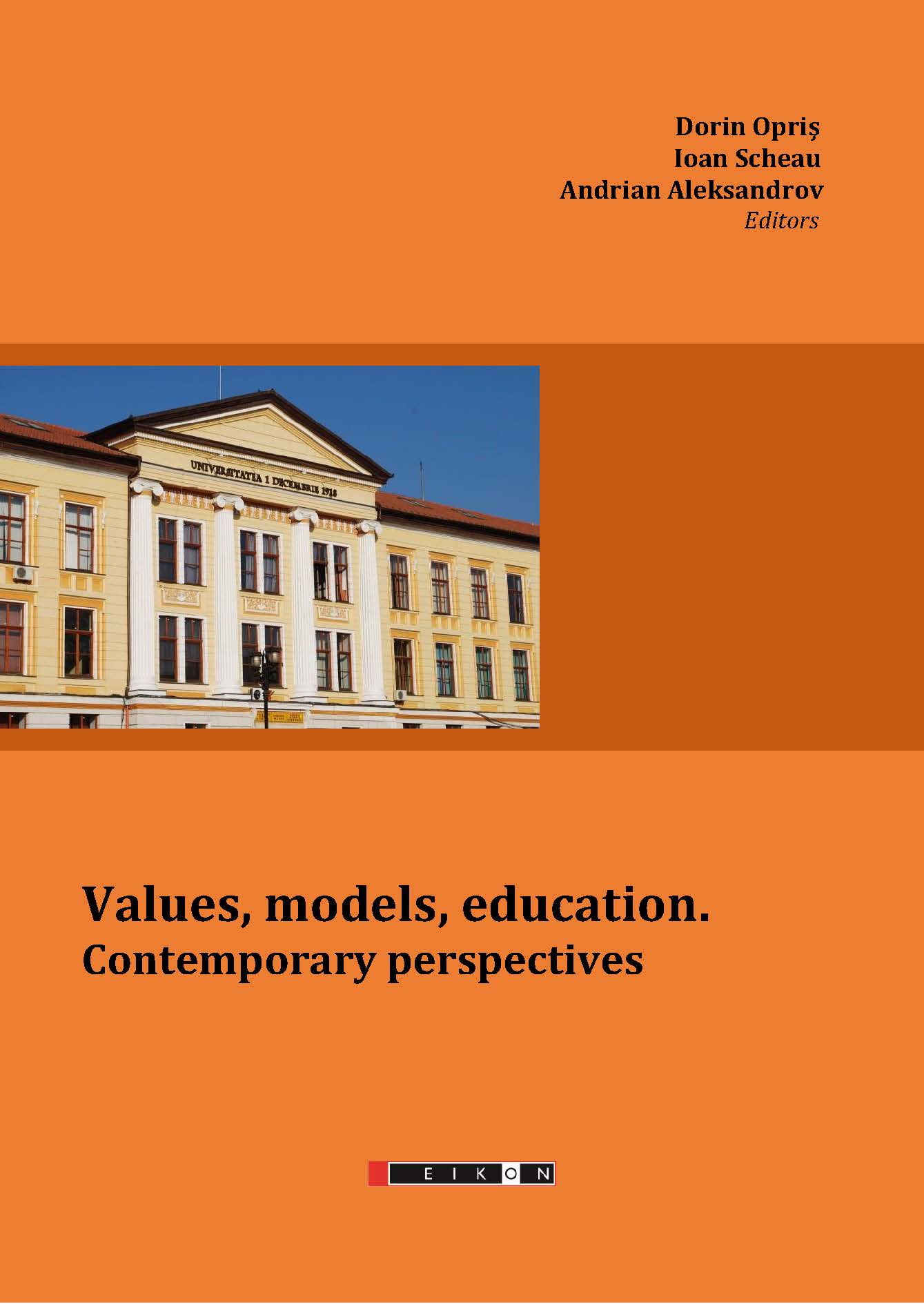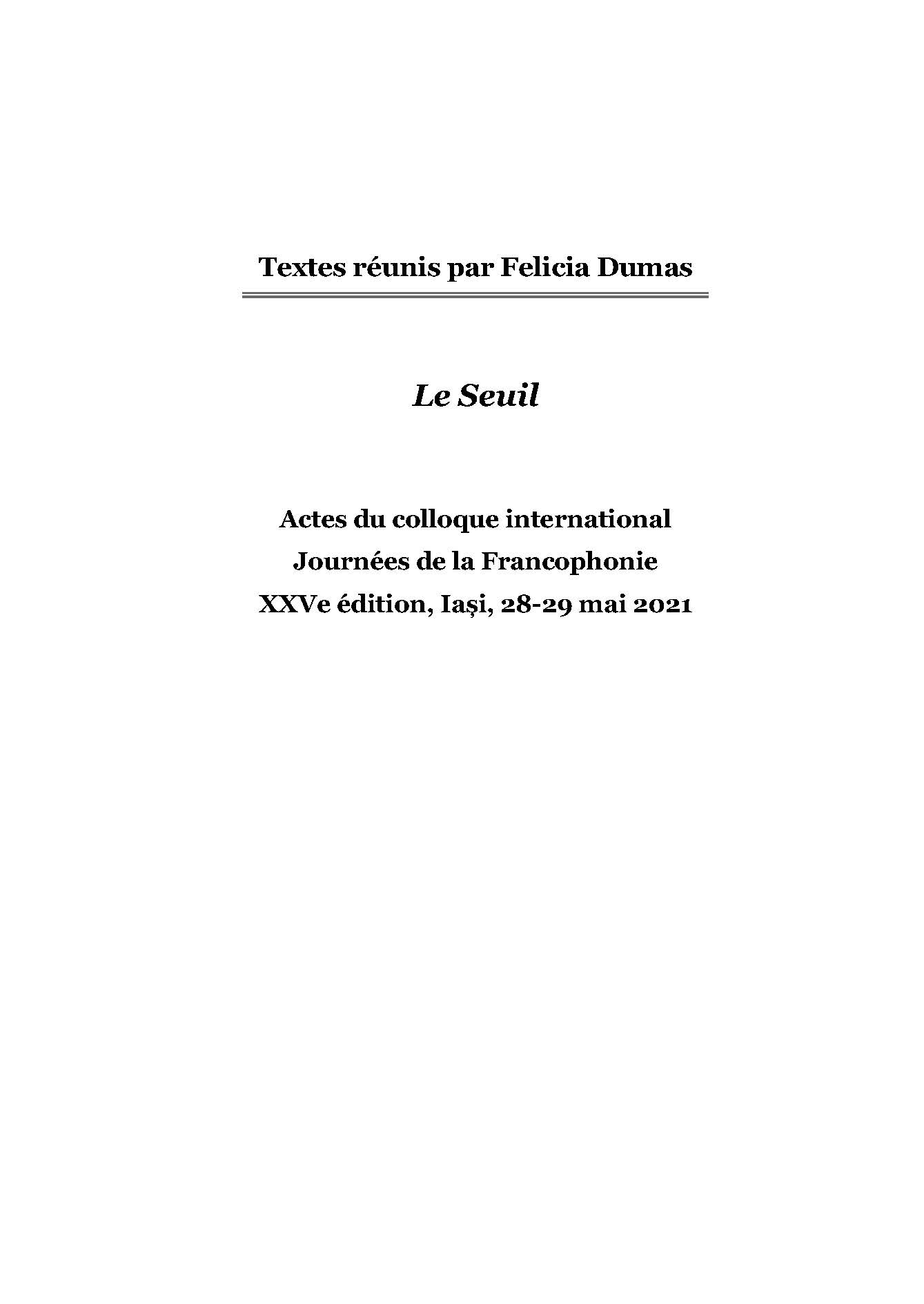
Göç Konferansı 2017 Seçilmiş Bildiriler
With this book, you're going to have to go to the fifth We present a review of the papers presented at the Migration Conference to our readers. 35 articles addressing the issue of migration from various disciplines and perspectives share a wide range of reviews. This paper-book offers a selection of more than 100 sessions, panels and workshops in total, as well as the 400 papers presented at the fifth migration conference in Athens, which lasted four days. Many participants from more than 60 countries, from economics to anthropology, sociology to medicine, working in the field of migration from a wide range of disciplines, migration and security, gender, public administration, repatriation migration, law, political participation, diyaspora, media, as well as migration culture and summer presented a large number of papers on the subject.
More...


